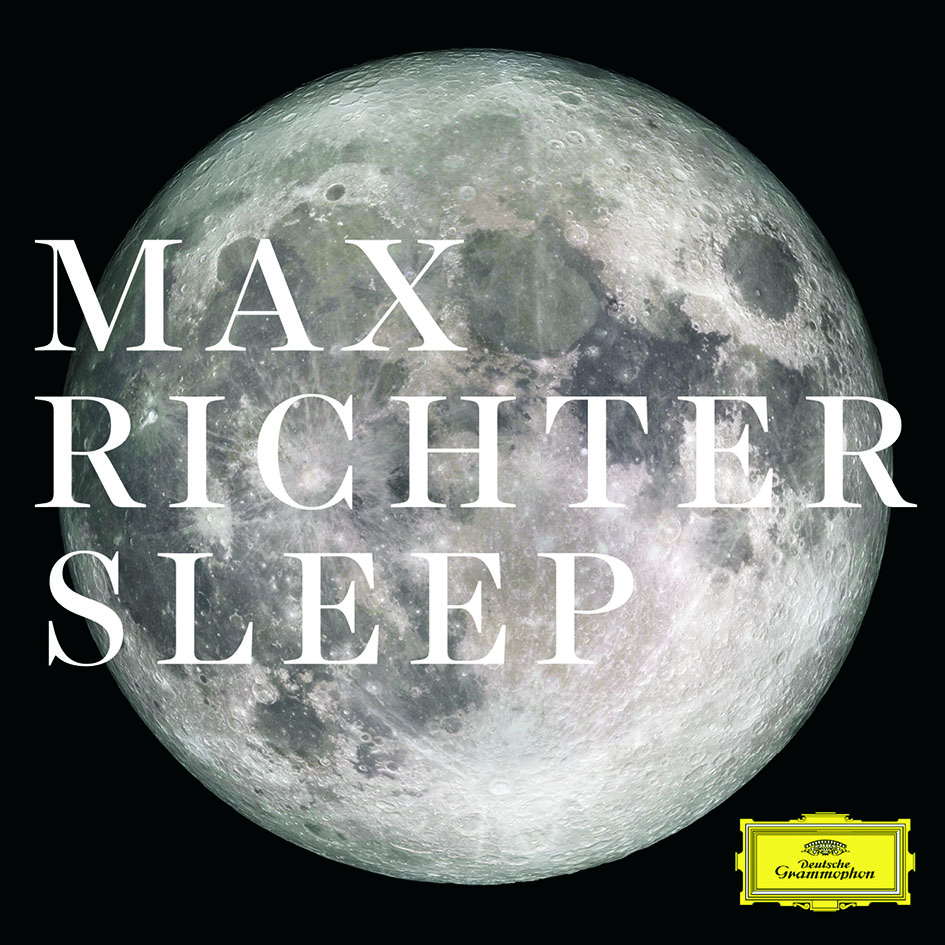An eight-hour epic soundtrack to your slumbers from the prolific German composer

There’s a reason why things are a certain size. For example, you’re unlikely to find an MP3 player bigger than your shoe. I’ve never seen a ghetto blaster bigger than an elephant. And so when we think of an album, we tend to think of a dozen tracks and something roughly the length of an episode of ‘Kitchen Nightmares’. We can hold an album in the boundaries of our mind: it has a beginning, a middle and an end.
How then do you handle Max Richter’s ‘Sleep’, an eight-hour neo-classical opus that knocks the best efforts of Wagner or The Orb into a cocked hat? A gargantuan, oversized cocked hat? First things first: ‘Sleep’ is not a conventional record. As the title suggests, it is designed to be listened to outside of waking hours; Richter partnered with a neuroscientist so he could explore how our dream patterns could be “a place for music to live”. ‘Sleep’ interacts with the grey fog of our unconscious, like Global Communication’s ‘76:14’ or The KLF’s ‘Chill Out’ – two albums which have helped me climb the wooden staircase to nightmareland.
The palette of ‘Sleep’ is narrow: a simple piano walks the scales, strings cycle around an almost imperceptible bass, beatless echoes suggest rhythms as we progress from one glacial theme to another. Any vocals are abstract, and the work swings between hazy and half-hearted, between pastoral and pastel, between thrumming and humdrum. Little offends the ears, although the organ tones on ‘Path 3’ hit frequencies I’m convinced would cut through slumber. There are some building-block signatures that appear from hour to hour – for example, a piano that dallies with reverb returns much later with an edge of darkness, a slow-motion reflection of itself, and there is comfort to be found in the leisurely yet hopeful refrain of ‘Patterns’.
‘Sleep’ has two notable side-projects: a one-off performance in Berlin from midnight to 8am, with beds provided for the audience, and a one-hour version of the record for those who like their albums album-sized. Other than that, there’s not much to grasp onto here – no beginning, no middle, no real end, just languid wisps of melody with a simple, likeable Richter lilt. An impressive achievement, yes. A work of genius, yes. But this is one mainly for completists and hoarders.
How do we handle ‘Sleep’? We don’t. We press play, we plonk our head on a normal-sized pillow, and we let our neurons do the rest.





